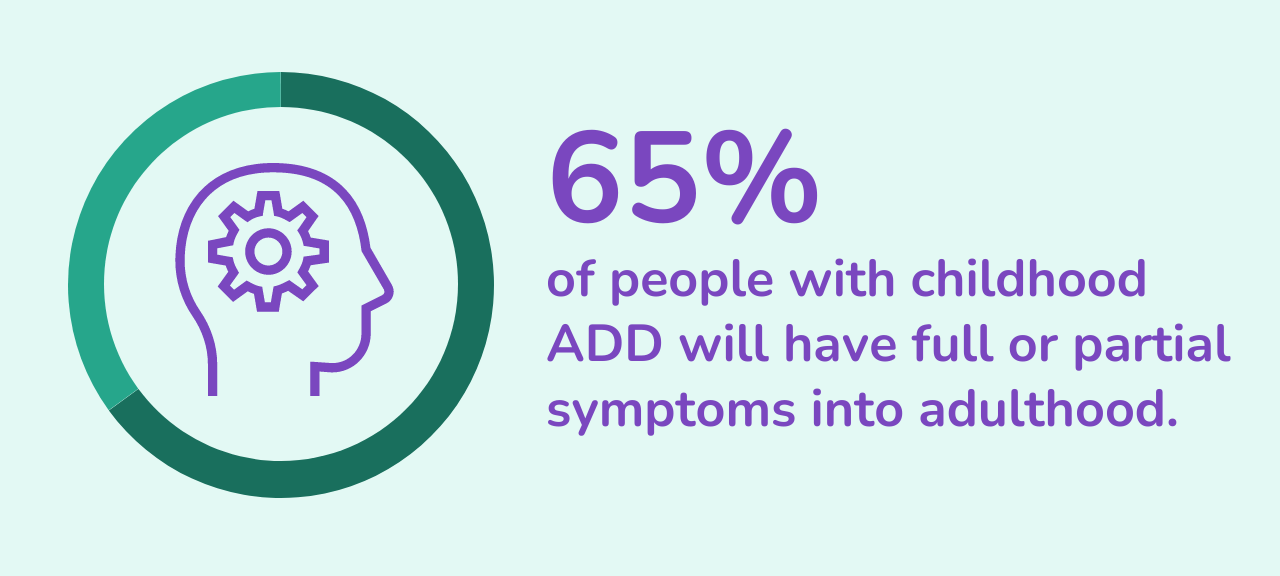Focusing on ADD/ADHD during Pregnancy and Breastfeeding
Disclaimer: This page houses important information and resources pertaining to ADD/ADHD during pregnancy and while breastfeeding, including links to our evidence-based Fact Sheets. However, the resources here should not replace the care and advice of a medical professional.
ADD/ADHD is a condition in which people may have trouble paying attention and focusing, controlling impulsive behaviors (act without thinking about what the result will be), or they may be hyperactive (overly active and restless). Although ADD/ADHD is more often diagnosed in childhood, it is not just a childhood disorder and can continue through adulthood. People with ADD/ADHD may also have other conditions, such as depression or anxiety.
“Effective treatment for ADHD in adult women may involve a multimodal approach that includes medication, psychotherapy, stress management, as well as ADHD coaching and/or professional organizing.”
— Children and Adults with Attention-Deficit/Hyperactivity Disorder (CHADD)
For many of the medications used to treat ADD/ADHD, information on use during pregnancy or breastfeeding is limited. Some people with mild to moderate symptoms of ADD/ADHD may be able to stop taking their medications when they are expecting or nursing, but other people may need to continue treatment with a stimulant to function every day. It is important to talk to your healthcare provider about options for managing ADD/ADHD when planning to get pregnant or during pregnancy and breastfeeding.

Reference: Faraone et al. Psychol Med. 2006 Feb;36(2):159-65.
Please see our library of resources below on ADD/ADHD exposure during pregnancy and breastfeeding.
Related Fact Sheets
Related Baby Blogs
External Resources
- Center for Disease Control: Attention-Deficit / Hyperactivity Disorder (ADHD)
- Children and Adults with Attention-Deficit/Hyperactivity Disorder (CHADD): ADHD Medication and Pregnancy
- National Institute of Mental Health: Attention-Deficit / Hyperactivity Disorder
Partners
- Patient Education Genius
- PatientsLikeMe
- Society for Maternal-Fetal Medicine
- Society for Birth Defects Research & Prevention
- The Mighty
Stay in Touch
Our e-Newsletter brings you the latest information, news, and resources from the experts at MotherToBaby.
Join a Study
Expecting parents deserve better information about medication use in pregnancy and breastfeeding – and you can help by participating in a study.
Ask Our Experts
Call, text, chat, or email for a free personalized risk assessment on exposures in pregnancy and breastfeeding.

